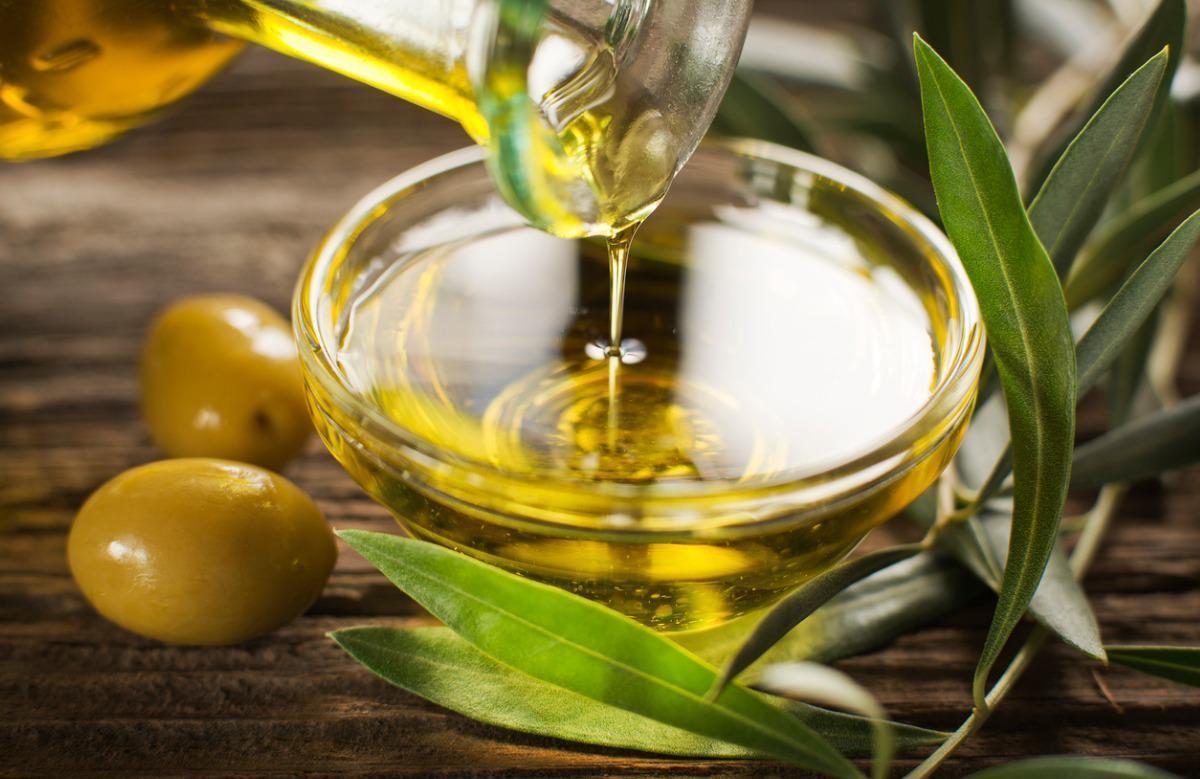
Study looks deeper into olive oil’s health benefits
Olive oil has long been touted for its ability to lower heart disease risk. So University of Florida researchers set out to dig deeper to learn how much olive oil is beneficial.
During the Recipe for Heart Health study, 40 participants at risk for cardiovascular disease were randomly assigned to consume either a “low” amount (less than a teaspoon) of extra virgin olive oil or a “high” amount (4 tablespoons) each day. After a one-week “washout” period, the participants switched and followed the other olive oil regimen for four weeks. Participants also adhered to whole-food, plant-based or vegan diets that were not low in fat.
UF’s researchers found that no matter the amount, consuming Extra Virgin Olive Oil decreased LDL, or “bad,” cholesterol, which has been linked to heart disease. They also learned that while consuming olive oil daily helps, other elements of someone’s diet may play a more significant role in achieving health benefits. For example, people who consumed low amounts of olive oil, but also limited foods such as red and processed meats, added sugars, and saturated fats and ate plant-based fats such as avocados, nuts, seeds and olives had more significant reductions in LDL cholesterol than participants who just consumed high amounts of olive oil.
Overall, the study’s researchers concluded that where participants received their dietary fat from mattered and that getting it from whole-plant-based fats was more beneficial for reducing cholesterol than getting it from olive oil alone. The UF team plans to use data to produce additional research articles on cooking, diet quality, mood and quality of life.

